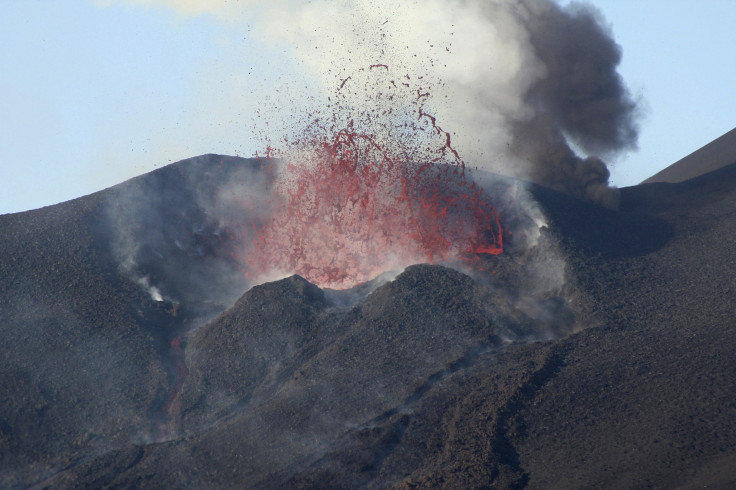Small Volcanic Eruptions Could Be Responsible For Slowing Global Warming: Study

Small volcanic eruptions may have been slowing global warming for over a decade, according to a new study with results that are in line with previous findings that vast quantities of ash and gases ejected from volcanoes can have a remarkable cooling effect on Earth’s climate by blocking solar radiation.
Scientists have known that volcanoes cool the Earth’s atmosphere because of the sulfur dioxide that is ejected during eruptions. Droplets of sulfuric acid, which form when the gas combines with oxygen in the upper atmosphere, can persist for many months and reflect sunlight away from Earth helping to lower temperatures on the surface. But, the new study by scientists at the Massachusetts Institute of Technology reveals that relatively small volcanic eruptions can also curtail the increase of greenhouse gases.
According to scientists, the effects of such volcanic eruptions may explain why the warming of the planet has slowed down in recent years, falling short of matching levels predicted by scientists based on the amount of carbon entering the atmosphere, Discovery News reported, adding that small-scale ejections could be responsible for almost halving the rate of global warming.
The study, published in the journal Geophysical Research Letters, mainly focused on the effects of aerosol particles that are pumped into the atmosphere by powerful eruptions. As part of the study, the scientists used balloons, laser radar and ground-based measurements to analyze the impact of the vaporized particles.
The scientists found that about a dozen small volcanic eruptions across the world over the past 15 years may have caused temperatures to cool by 0.05 degrees to 0.12 degrees Celsius since 2000. According to scientists, the rate of global warming has slowed over roughly the same period.
“The fact that these volcanic signatures are apparent in multiple independently measured climate variables really supports the idea that they are influencing climate in spite of their moderate size,” Mark Zelinka, a Lawrence Livermore National Laboratory scientist and a co-author of the study, said in the statement. “If we wish to accurately simulate recent climate change in models, we cannot neglect the ability of these smaller eruptions to reflect sunlight away from Earth.”
© Copyright IBTimes 2025. All rights reserved.






















